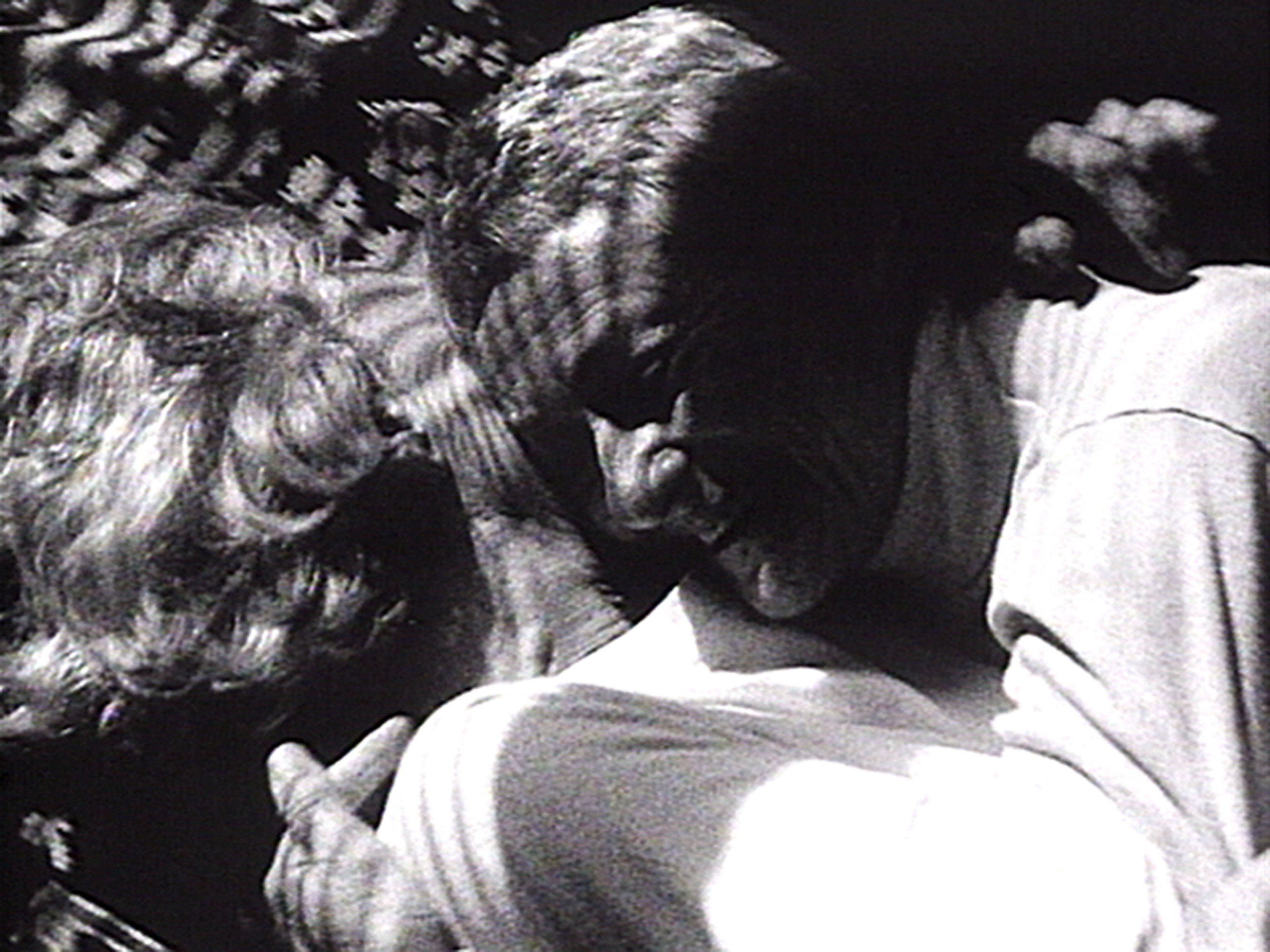Historical Trauma, Queer Sex, and Physical Touch in Barbara Hammer’s Nitrate Kisses
Main Article Content
Abstract
For lesbian-feminist filmmaker Barbara Hammer, “making up” lost queer history in the absence of conventional archives is a material and embodied process seen in her experimental documentary Nitrate Kisses (1992). This film centres around different queer couples portraying various erotic, physical and sexual acts. Each of these acts are aligned with voice-over interviews and visual archival ephemera detailing particular historical traumas, including the AIDS crisis and the erasure of lesbian experiences from life narratives of Holocaust survivors. I argue that the body and various erotic acts in Nitrate Kisses become sites of consciousness and cognition employed in the recovery of traumatic memory. As I explore, it is physical touch—sexual and erotic touch in particular—that acts as a conduit for accessing lost or purposefully invisibilized archival knowledge. Employing Elizabeth Freeman’s erotohistoriography, I argue that sex and other forms of physical touch in Hammer’s film become a method of remembering historical injustices, making them visible through an embodied queer-feminist archival practice in order for the viewer to bear witness to trauma that has shaped queer cultural memory.
This article contains images of nudity and sexual behaviour.
Article Details

This work is licensed under a Creative Commons Attribution 4.0 International License.
Authors who publish with this journal agree to the following terms:
- Authors retain copyright and grant the journal right of first publication with the work simultaneously licensed under a Creative Commons Attribution License that allows others to share the work with an acknowledgement of the work's authorship and initial publication in this journal.
- Authors are able to enter into separate, additional contractual arrangements for the non-exclusive distribution of the journal's published version of the work (e.g., post it to an institutional repository or publish it in a book), with an acknowledgement of its initial publication in this journal.
- Authors are permitted and encouraged to post their work online (e.g., in institutional repositories or on their website) prior to and during the submission process, as it can lead to productive exchanges, as well as earlier and greater citation of published work (See The Effect of Open Access).

